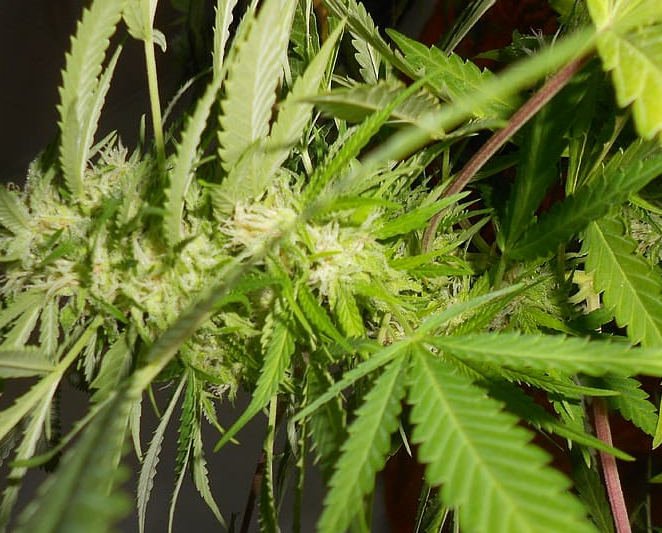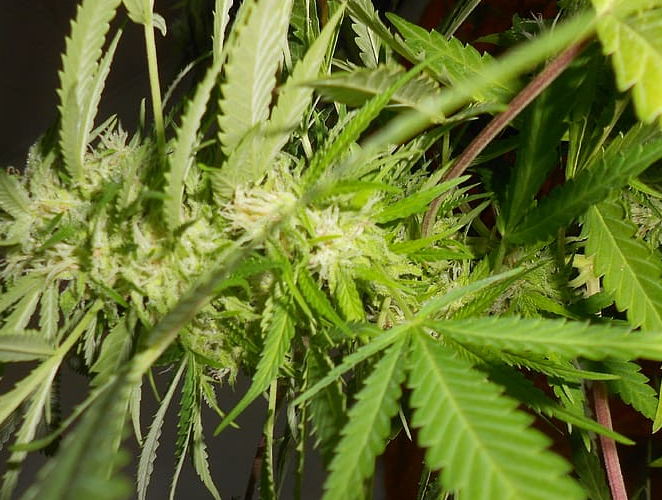Medical marijuana has been shown to significantly alleviate symptoms of anxiety and depression, a new study funded by the National Institute on Drug Abuse (NIDA) reveals. The research, published in the Journal of Affective Disorders, highlights how cannabis use contributed to substantial improvements in mental health for patients suffering from these conditions.
The observational study followed 33 adults in Maryland who were experiencing clinically significant anxiety and/or depression. The participants were evaluated at multiple intervals—baseline, and at one, three, and six months after beginning treatment with medical marijuana. The results were striking.
A Clear Decline in Anxiety and Depression Symptoms
The study demonstrated that medical cannabis use led to “significant decreases” in both anxiety and depression, with participants reporting notable improvements in their emotional well-being within just three months. At the six-month mark, the majority of individuals involved in the study had their anxiety and depression scores drop to levels that were no longer considered clinically significant.
The findings provide compelling evidence that cannabis can offer a real alternative for managing mental health conditions. According to the study, “Mean scores dropped below clinically significant levels within three months of initiation,” underscoring the speed at which patients experienced relief.

Observational Results: What the Study Revealed
Researchers closely monitored the impact of medical marijuana on the participants over six months. Throughout this period, it became clear that the benefits were not short-lived. Anxiety and depression symptoms did not only decrease initially; they continued to improve over time. In fact, the reductions in mental health scores were sustained for the entire study period.
Interestingly, the study also looked at how patients responded to cannabis use at different intervals. At each check-in (one, three, and six months), patients noted an improvement in their symptoms, further suggesting that the positive effects of medical marijuana are long-term, rather than just a temporary fix.
The study participants—adults struggling with clinically significant mental health issues—reported not only reduced levels of anxiety and depression but also a higher overall quality of life. This outcome might pave the way for medical marijuana to be more widely considered as a viable treatment option for mental health conditions, especially for patients who do not respond well to traditional therapies.
Insights from the Data
While the study does not delve into the exact mechanisms by which medical marijuana works, it does offer insights into the extent of its impact on patients. It suggests that cannabis could play a significant role in alleviating symptoms of anxiety and depression, which often go hand-in-hand, especially in patients who are resistant to other treatments.
However, the study also calls for further research to better understand the exact ways in which cannabis affects mental health. With continued exploration, this could help inform guidelines for safe and effective use, especially as it becomes a more widely available treatment option.
-
Medical marijuana was linked to significant reductions in both anxiety and depression.
-
Patients reported sustained improvement over a six-month period.
-
The improvements were seen as early as three months into the study.
-
Cannabis use may offer a promising alternative for those with mental health conditions, especially where traditional treatments fail.
This data could be pivotal in changing the narrative surrounding cannabis and its potential as a medical treatment.
The Bigger Picture: Medical Cannabis and Mental Health
While the Maryland study is an important step forward in understanding how medical marijuana can impact mental health, it also highlights the need for broader studies across different populations and settings. This is particularly relevant as states continue to legalize medical cannabis and as more patients seek alternative treatments for their mental health struggles.
Medical cannabis remains a highly debated topic, particularly in relation to its therapeutic uses. Critics often point to the lack of extensive scientific research, but studies like this one contribute to building a more solid foundation of evidence for its benefits. Furthermore, as cannabis becomes more widely accepted as a treatment for various ailments, its potential to help individuals suffering from mental health disorders could change the landscape of psychiatric care.
Patients and healthcare providers are paying attention to these findings, especially as more states move towards medical marijuana legalization.




